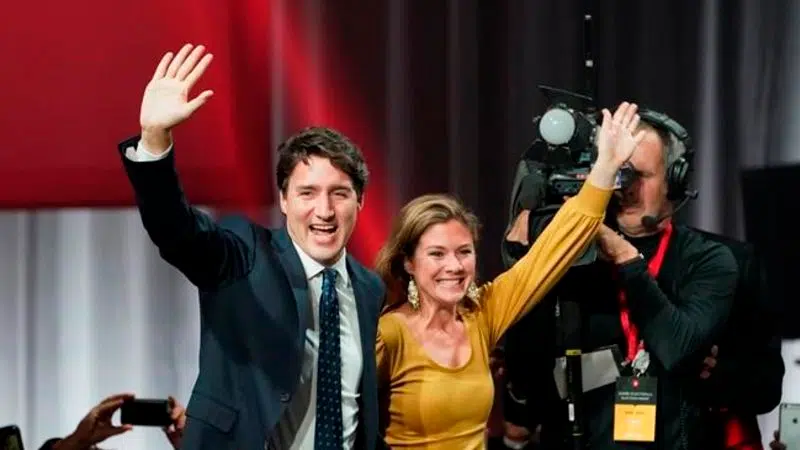
Liberals win most seats, but get ready to work with other parties in Parliament
MONTREAL — Prime Minister Justin Trudeau spent a lot of time on the campaign trail lamenting the polarization of Canadian politics, but after the Liberals were given a minority government, he promised to do more to bring everyone together.
“One of my favourite prime ministers, Wilfrid Laurier, often talked about patriotism, and the unifying power of common goals and aspirations, and I’ve thought about that a lot since getting into politics,” Trudeau said in his victory speech in Montreal early Tuesday morning.
“I have seen firsthand that there is much more that unites us than divides us,” he said. “Canadians expect us all to focus on our shared vision of a stronger Canada and I intend to work hard to make that a reality.”
The mood at Liberal party election headquarters in Montreal moved from cautious optimism to jubilation throughout the evening as the results started making it clear the Liberals had managed to fight their way back into power.


